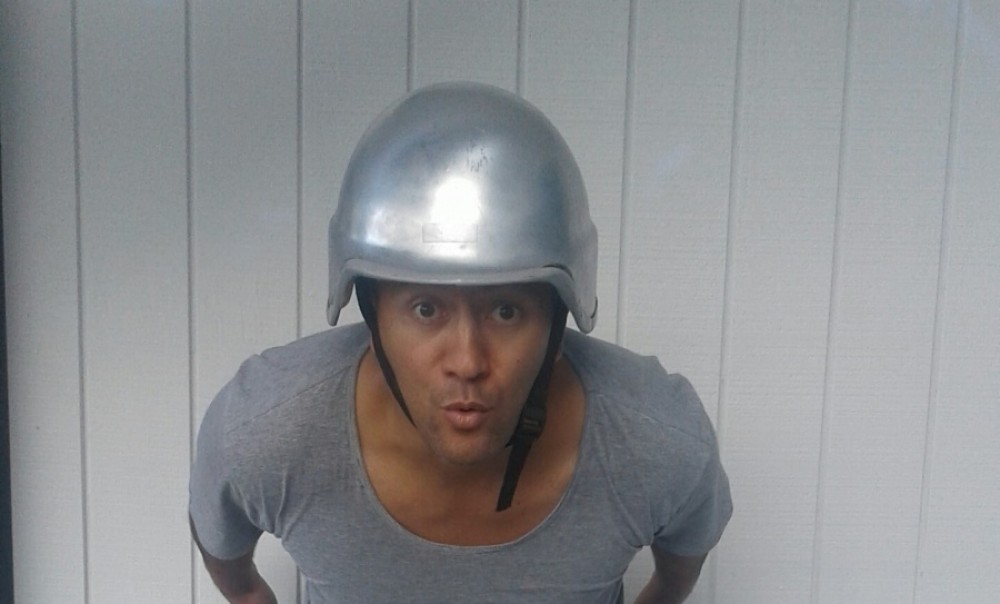Actor Rob Mokaraka wishes he’d spoken to somebody earlier about the way he’d been feeling.
Instead, things came to a near-catastrophic head when Rob charged at police with a meat-cleaver at his Pt Chevalier home and was shot.
He recently opened up to TVNZ’s Marae programme about his experience with depression and how he came close to losing his life in 2009.
He recently opened up to TVNZ’s Marae programme about his experience with depression and how he came close to losing his life in 2009.

Rob explains how he took that experience and turned it into a one-man theatre project called Shot Bro – Confessions of a Depressed Bullet, which opened in early 2016.
Depression isn’t picky
“The thing about depression, which drives people to suicide when you hide it, is it’s not sexist, it’s not racist, it doesn’t care how much money you’ve got, it will take you if you don’t go and deal with it,” says Rob, a 2010 and 2015 New Zealand Mental Health Media Grant recipient.
Rob is an award-winning actor and writer but what he and other people didn’t realise was that he had been living with depression.
“And part of that for me was built on shame, guilt and failure. I was building up this file, a case against myself internally and then 20 years later I exploded.”
He pleaded guilty in 2010 to four charges including two of assault and two of threatening to kill or cause grievous bodily harm to a policeman. He was sentenced to community service.
It took a serious incident for him to realise he needed help.
“It took so long because I didn’t know what was happening to me. I had all these crazy thoughts and feelings and I didn’t know what they were and I thought they were normal.”
Lucky to be alive
In his play he likens these feelings to a storm. “It’s like a small storm is building and that storm gets bigger and bigger and bigger and it can carry you away.”
Rob says he feels very lucky to be alive after being shot. “My goal at that time was to get off the planet, to have my life ended.
“I was so freaking out. My brain couldn’t comprehend the trauma the body was going through. I was yelling out in pain and a policeman was trying to push down on the wound,” he says.
Looking back, Rob knows now it’s important to speak to someone rather than bottling up his feelings. He’s also learned the importance of refreshing coping mechanisms.
“It’s like the ocean, don’t turn your back on it. Keep checking in and get these coping tools and check in with friends and whānau or somebody professional.”
